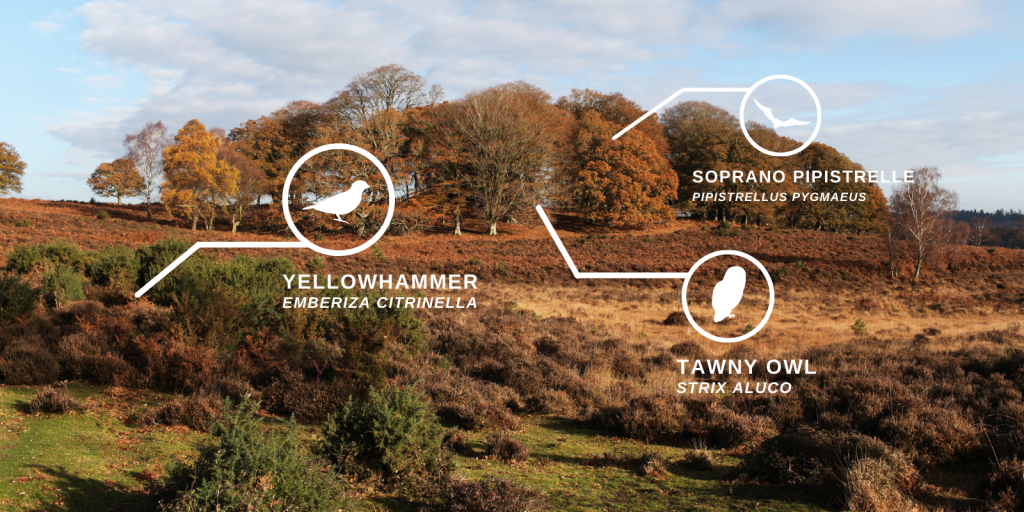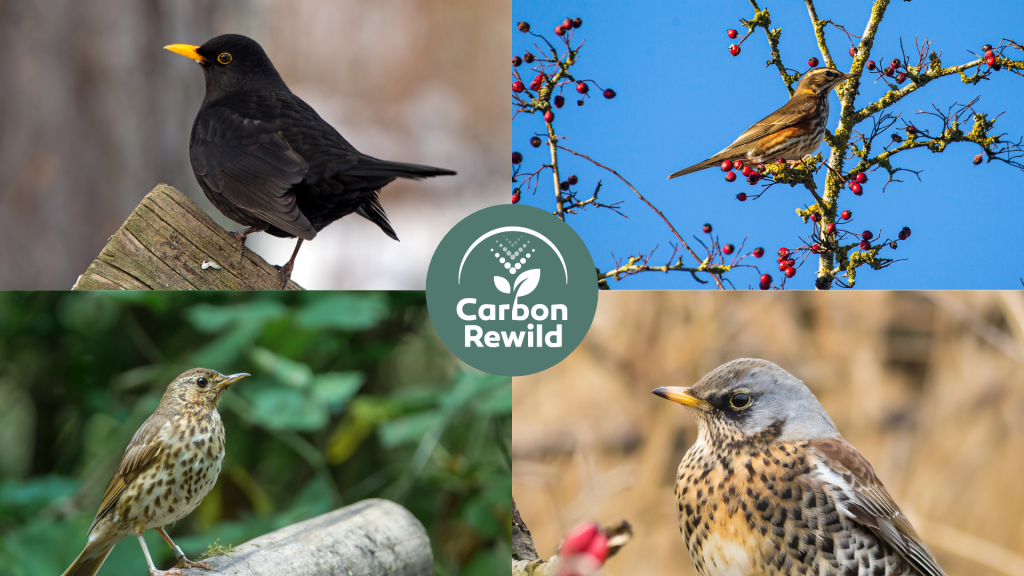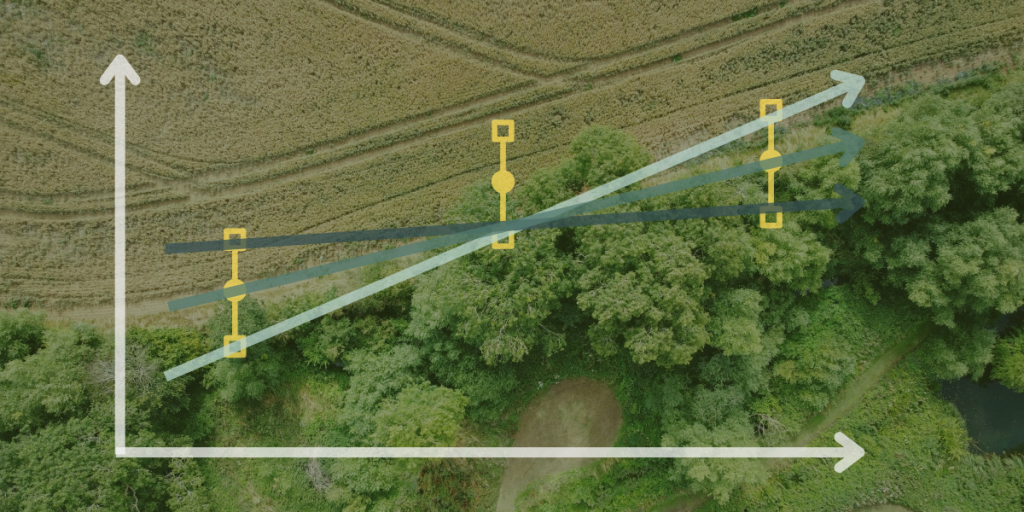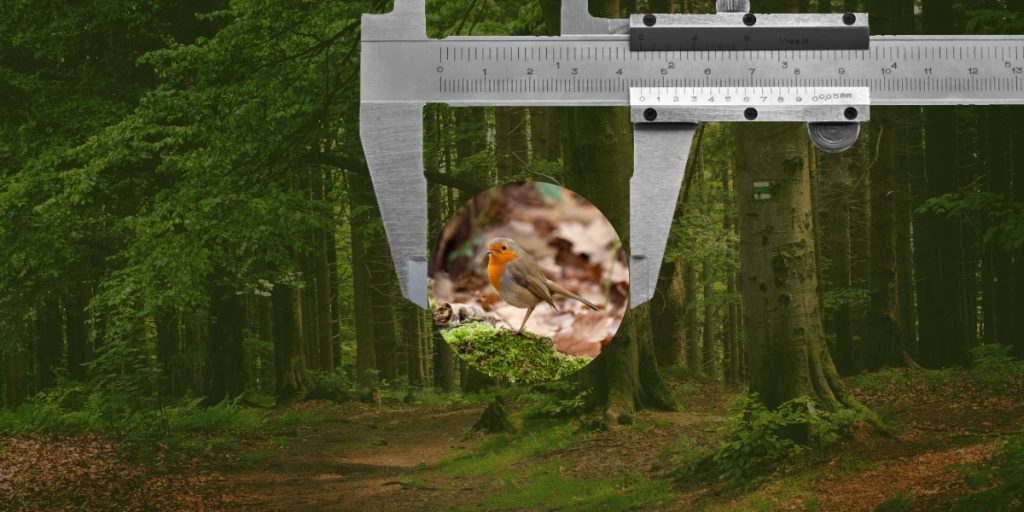Rewilding can breathe life into our landscapes, and create an environment that perpetually captures carbon to mitigate the effects of climate change. By reducing human control of landscapes, we encourage the return and habitation of native species and promote the living systems which we all depend upon.
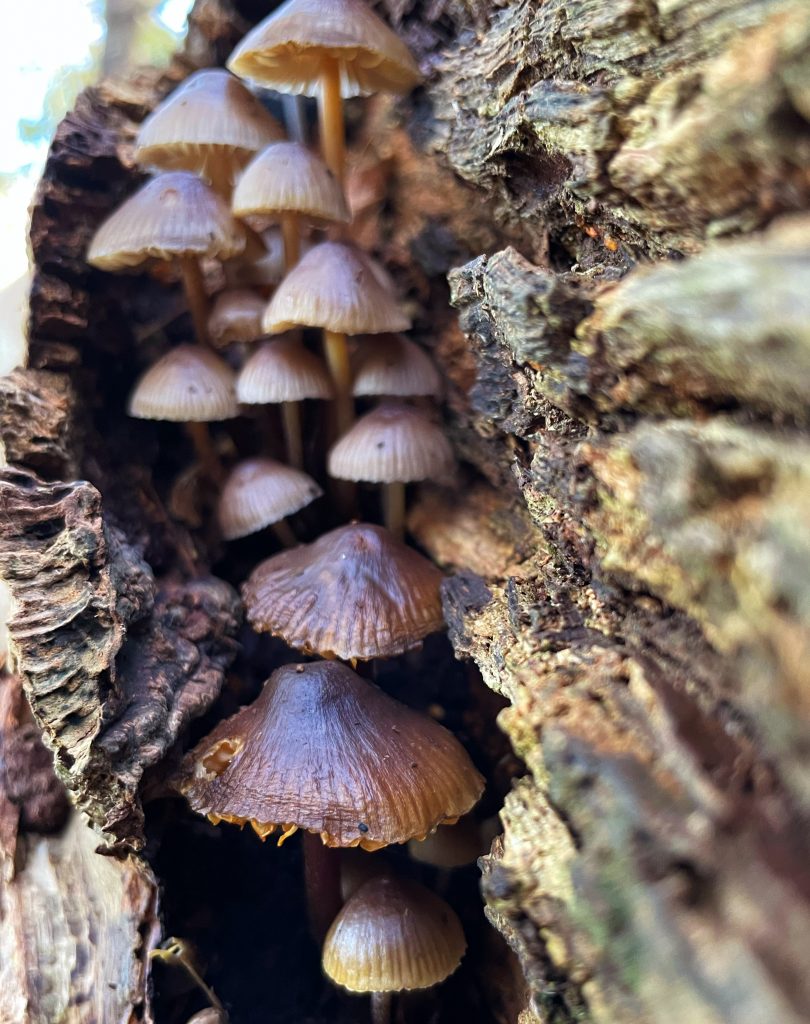
Letting Nature Lead
Currently almost all land in the UK is managed, and has left little room for wildlife to flourish. 56% of species in the UK are experiencing a decline in their population, and 15% of our species are threatened. Aggressive land management, climate change, pollution and the historic hunting of large mammals has led to a consistent loss of biodiversity in every region of the UK.
Rewilding is a conservation approach to restore ecological processes and reduce human control of landscapes. It is an opportunity to restore the magic of wild nature, and enable the return of lost species to thrive here once again.
Benefits of Rewilding
Fight Climate Change

Through soil recovery and growth of trees and vegetation, carbon is naturally captured from the atmosphere and stored in the land
Good for our Health

Healthy ecosystems to help provide resilience against severe weather, provide clean air and filter water.
Protecting Species from Extinction

56% of species in the UK are in decline, but we can reverse the trend of wildlife extinction by giving nature the space to recover and thrive.
Connect with Nature

Rewilded lands are beautiful and teeming with nature. Spending time outdoors with nature has proven to help our own mental and physical wellbeing.
Enhancing and Futureproofing BNG: Bioacoustics, Natural Capital, and Biodiversity Net Gain Plus
Bioacoustics is a biodiversity monitoring technology which is well suited to supporting Biodiversity Net Gain…
Developing New Insights: BridgeAI, Hartpury, and New AIs
It is certainly a challenge developing and testing new ideas whilst keeping on top of…
Is Winter the Most Important Season for Monitoring Birds?
When the days grow shorter and temperatures fall, the birdlife of the UK undergoes a…
Get To Know Your Thrush Songs and Calls
There are six species of Thrush present in the UK over the course of the…
How to Calculate Bioacoustic Measurement Uncertainty
Biodiversity measurements and metrics are in the process of building acceptance and trust. Qualification of…
Introduction to Measurement Uncertainty, Biodiversity Measurements, and Trust
Measurements form an important part of modern society, they are omnipresent in our daily lives…
Sources
- M. Soulé, R. Noss, Rewilding and biodiversity: complementary goals for continental conservation, Wild Earth, 8 (1998)
- Forestry Commission, Woodland Statistics (2020)
- State of Nature, National Biodiversity network (2019)
- Torres, A., et al, Measuring rewilding progress, Phil. Trans. R. Soc. (2018)
- Nogues-Bravo, D, et al., Rewilding is the new Pandora’s box in conservation, Current Biology (2016)

